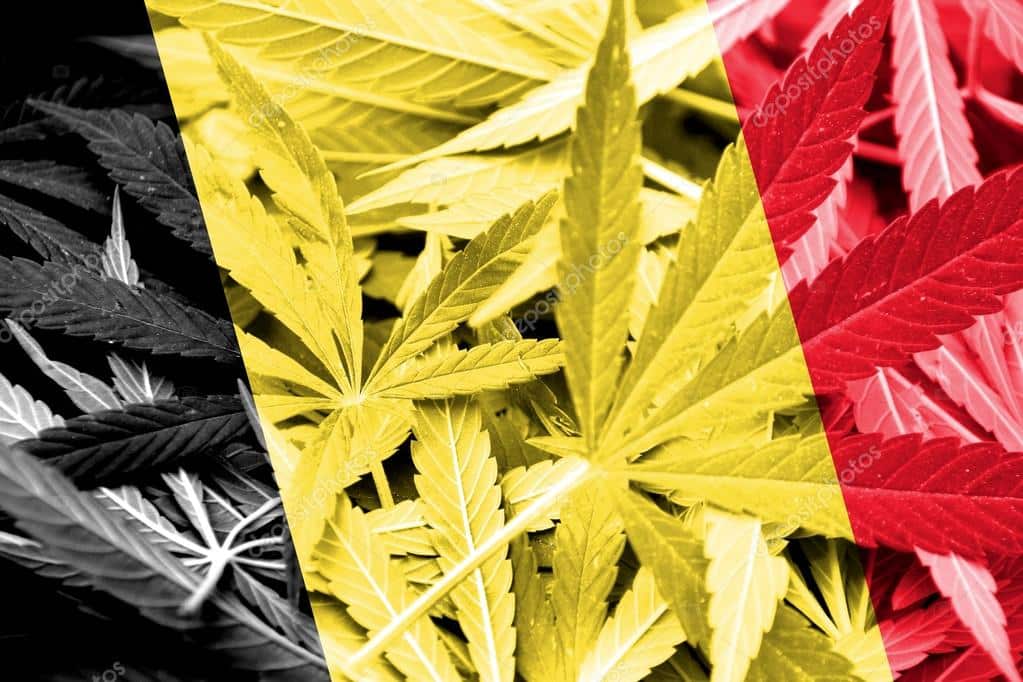
Belgium’s approach to cannabis regulation presents a fascinating case study in the complexities of drug policy reform. While the winds of legalization are blowing across Europe, Belgium remains in a state of cautious ambivalence. Here’s a deep dive into the factors hindering reform and the potential benefits a more progressive approach could unlock.
The Reluctant Giants: Industry and the Power of Status Quo:
Monopoly Concerns:
Established industries, particularly in pharmaceuticals and petrochemicals, may perceive legalized cannabis as a threat to their market dominance. Hemp, with its versatility, can disrupt traditional material usage in textiles, construction, and even food production. This reluctance to relinquish control over established markets is a significant roadblock to reform.
The Power of Informed Choice and Community Building:
Empowering Individuals:
A key argument for legalization is the right of individuals to make informed choices about their own bodies and well-being. Criminalization disregards this autonomy and fosters a black market with associated risks. A shift towards a regulated cannabis market places control in the hands of responsible adults and empowers communities to develop informed consumption practices.
Hemp: A Catalyst for Change:
Revolutionizing Industries:
Hemp’s versatility extends far beyond recreational use. It’s a sustainable and renewable resource with the potential to revolutionize various industries. From eco-friendly textiles to bioplastics, hemp offers a path towards a more sustainable future. Embracing hemp cultivation and utilization could create new economic opportunities and foster innovation across various sectors.
Combating Misinformation: The Need for Transparency:
Dismantling False Narratives:
Public anxieties surrounding cannabis are often fueled by misinformation and outdated stereotypes. Open and transparent communication about the potential benefits and risks of cannabis use, backed by scientific research, is crucial to fostering informed public discourse.
Beyond the Monopolistic Media: A Grassroots Revolution:
Industrialized Opinion Control:
The stronghold of traditional media, heavily influenced by advertising dollars from established industries, can create a sense of limited public conversation surrounding cannabis reform. However, the grassroots movement for change is thriving. Community-driven initiatives and independent information sources are empowering individuals to form their own informed opinions.
A Bottom-Up Approach:
Evolution from the Ground Up: Given the current political and media landscape, a large-scale, televised revolution for cannabis reform in Belgium may seem unlikely. However, a more organic, grassroots approach offers a viable path forward. By fostering informed dialogue within communities and empowering individuals with accurate information, Belgium can pave the way for a more progressive and responsible approach to cannabis.
Conclusion:
Belgium’s position on cannabis reform highlights the clash between established industries clinging to the status quo and a growing public interest in evidence-based policy and individual choice. Hemp, with its revolutionary potential, offers a compelling alternative for a more sustainable future. By dismantling misinformation and empowering communities, Belgium can take a crucial step towards a cannabis policy that prioritizes public health, economic opportunity, and responsible personal choice.

